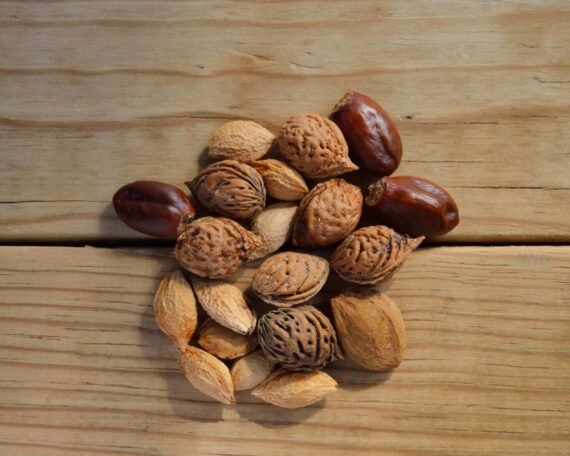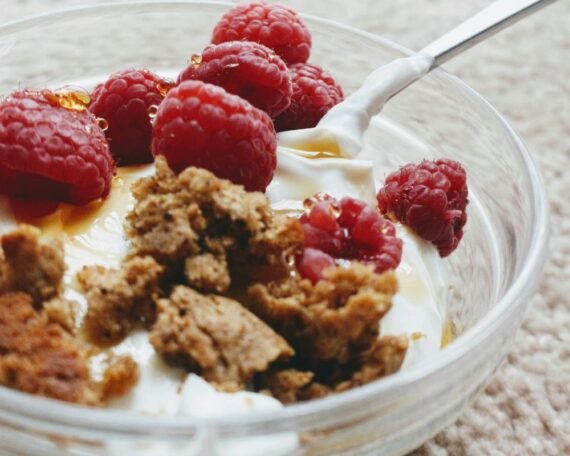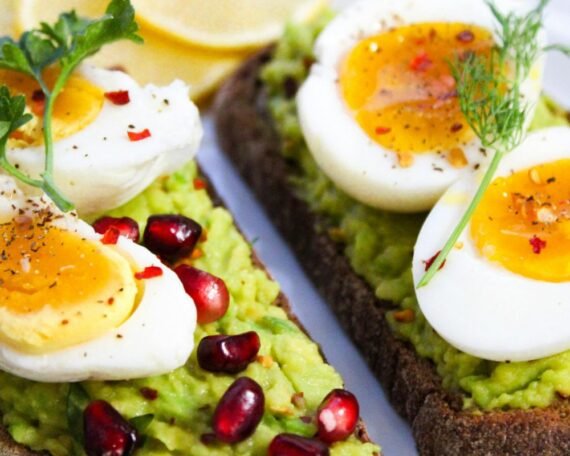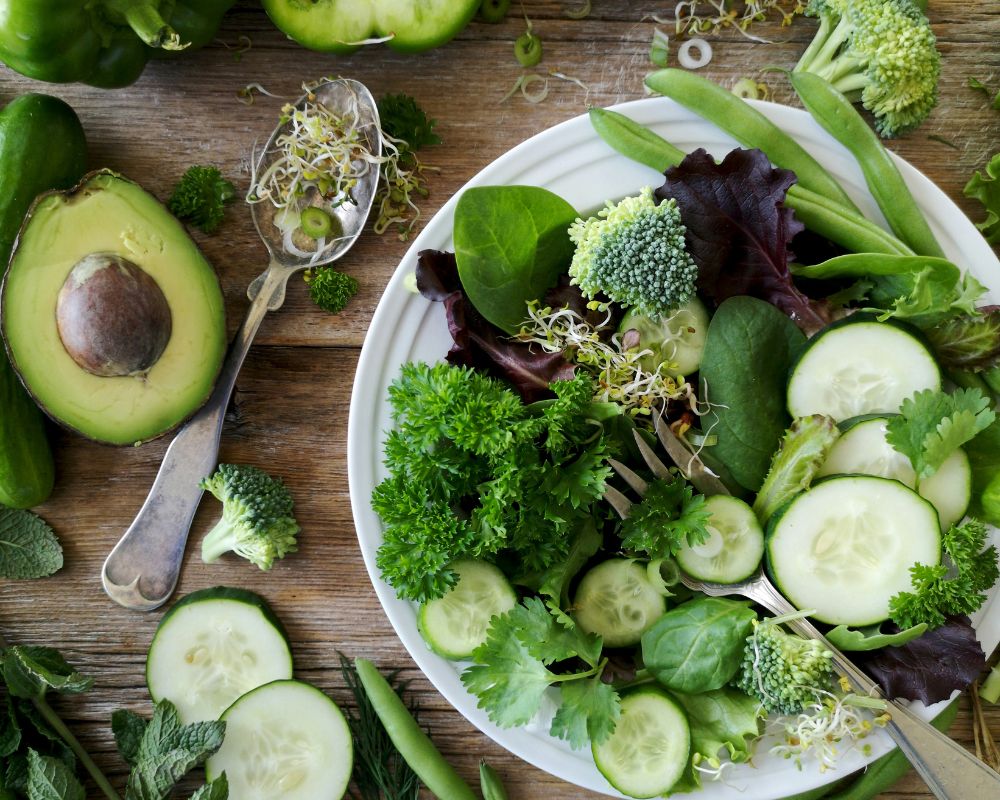Living with type 2 diabetes (or trying to prevent it) can lead to obsession and confusion over food. What are you even supposed to eat? Everyone responds to foods differently, so the key is to find the right balance with foods you enjoy. Some “super” foods contain ultra-beneficial combos of micronutrients and compounds that help with glycemic control. What if you could pack a whole heap of diabetes-friendly superfoods for blood sugar into one yummy and satisfying day? The great news is – you can!
1. Beef liver: The nutrient-dense superfood
Beef liver is one of the most nutrient-dense foods available, packed with vitamins and minerals that support various bodily functions. It is particularly beneficial for blood sugar control due to its high concentration of essential nutrients.
- Vitamin A: Beef liver is an excellent source of vitamin A, which supports healthy vision, immune function, and improves insulin sensitivity.
- Vitamin B12: This vitamin is crucial for energy production and proper metabolic function. Beef liver provides a significant amount of vitamin B12, supporting overall metabolic health.
- Iron: Essential for oxygen transport and energy production, iron in beef liver helps maintain stable energy levels and supports efficient glucose metabolism.
- Selenium: This trace mineral has powerful antioxidant properties, protecting cells from oxidative stress and supporting thyroid function, which is vital for metabolic health.
- Niacin (Vitamin B3): boosts the metabolism of sugars and fats.
For those who are new to organ meats or find the taste of beef liver challenging, consider trying Cell Squared Organic Grass-Fed Beef Liver Capsules. This nifty alternative offers all the benefits of organ meats in a convenient, easy-to-take, freeze-dried form, making it simple to incorporate these essential nutrients into your daily routine.

2. Activated nuts and seeds: The healthy fat providers
Nuts and seeds, such as almonds, walnuts, chia seeds, and flaxseeds, are excellent sources of healthy fats, protein, and fibre. These nutrients work together to stabilise blood sugar levels and keep you feeling full longer.
- Vitamin E: Found in almonds, vitamin E acts as an antioxidant and helps protect cells from oxidative stress.
- Omega-3 Fatty Acids: Chia seeds and flaxseeds are rich in omega-3 fatty acids, which reduce inflammation and improve insulin sensitivity.

3. Fatty fish: The Omega-3 boosters
Wild-caught fatty fish like salmon, mackerel, and sardines are rich in omega-3 fatty acids, protein, and essential vitamins. These nutrients are vital for maintaining heart health and regulating blood sugar levels.
- Omega-3 Fatty Acids: These healthy fats improve glycemic control and reduce inflammation.
- Vitamin D: Fatty fish are one of the few natural sources of vitamin D, which supports insulin sensitivity and overall metabolic health.

4. Greek yoghurt: The probiotic champ
Greek yoghurt is not only a great source of protein but also contains probiotics that can positively influence glucose metabolism. Opt for plain, unsweetened, organic Greek yoghurt to avoid added sugars.
Probiotics: These beneficial bacteria support gut health, which is linked to improved blood sugar control.
Calcium: Greek yoghurt is rich in calcium, which plays a role in insulin secretion and glucose regulation.

5. Eggs: The protein-rich staples
Eggs are a versatile and nutritious food that can be included in SO many meals. They provide high-quality protein and essential vitamins that support blood sugar management.
- Vitamin B12: Eggs are a good source of vitamin B12, which is essential for energy production and metabolic function.
- Choline: This nutrient, found in egg yolks, supports brain health and may improve insulin sensitivity.

Steph Lowe is a mother, Nutritionist, yogi and founder of The Natural Nutritionist & Cell Squared’s Nutrition Expert.
















